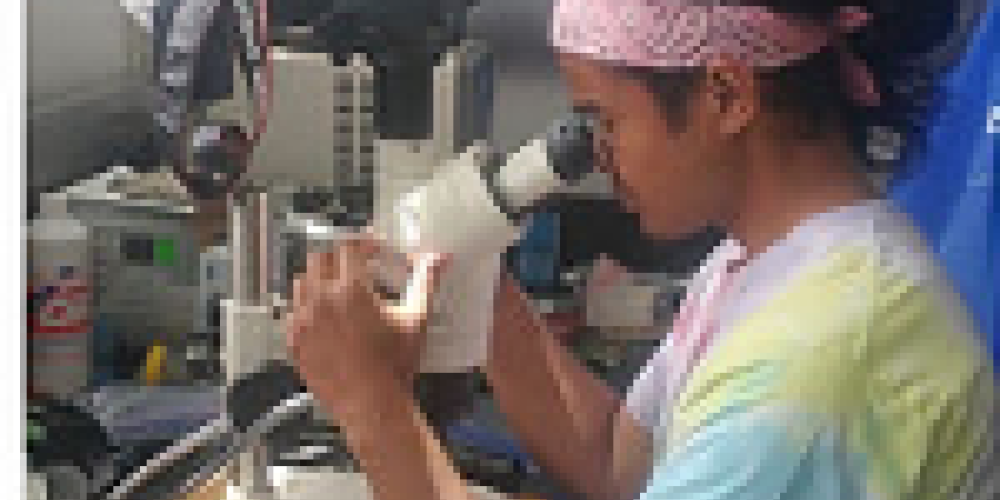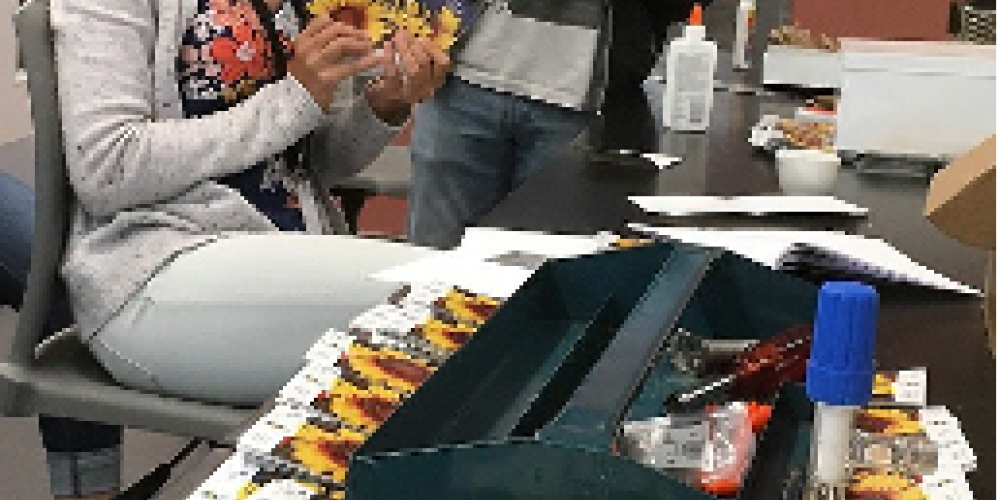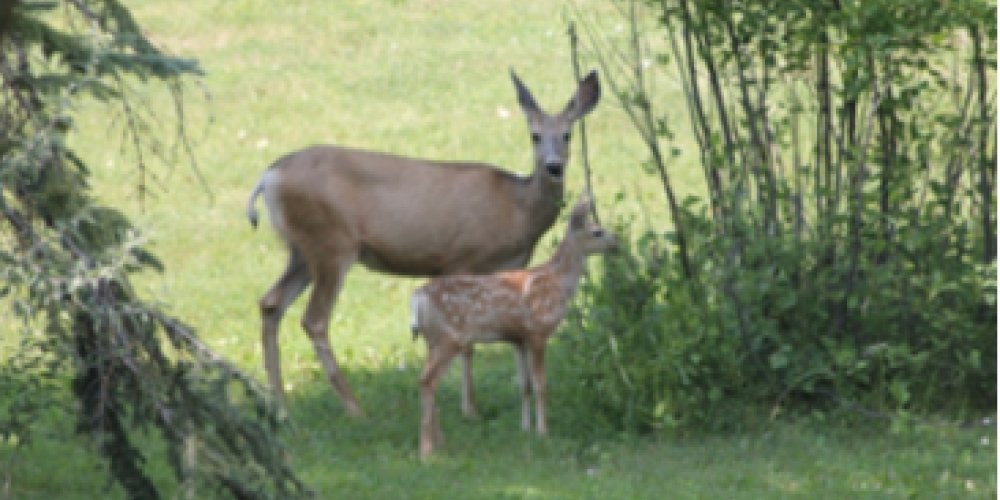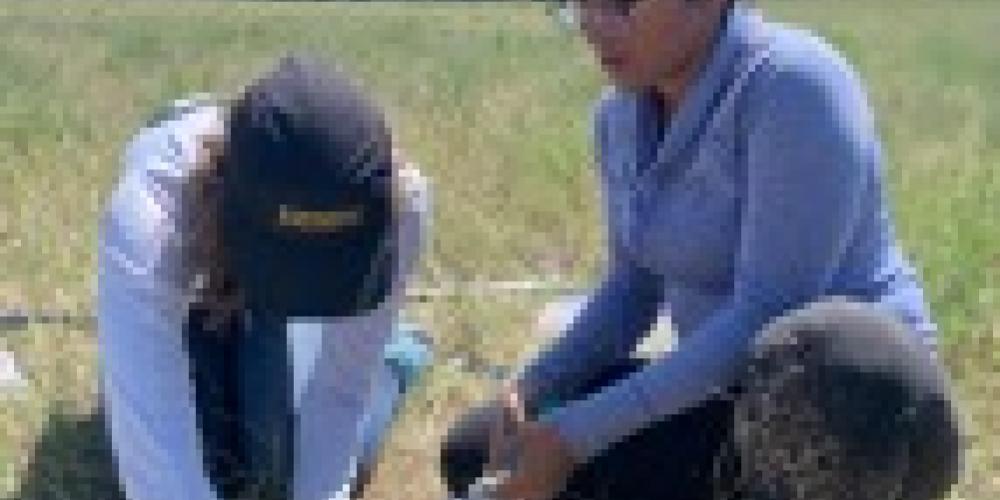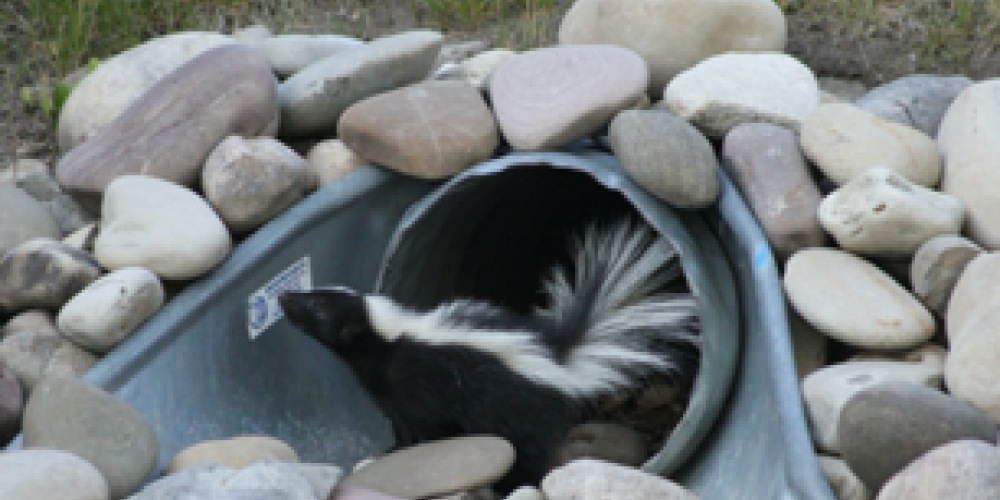Campus Ecology Project
The Campus Ecology Project aims to connect local First Nation leaders, expert faculty members, and dedicated students to create a sustainable campus through applied research. Participating students can either receive course credit through an Agility Applied Study Cohort or volunteer for the project. The Applied Study Cohort requires each student to complete an individual research initiative and meet collectively to inform the direction of the project. Their research and practical components assist with re-introducing native plants species and increasing environmental health on campus alongside First Nation knowledge keepers and industry leaders in the community and on the University of Lethbridge campus. This project works closely with Blackfoot Elders and Knowledge Keepers and passionate community members.
This project is open to all disciplines. We are currently seeking students interested in developing an Indigenous GIS, creation of an Indigenous Project Management system, historical analysis of the U of L campus grounds, First Nations culture and storytelling projects, plant and animal primary research on campus (soil sampling, identifying native plant species, prairie restoration with a focus on crested wheat grass, etc.), or other projects students are interested in pursuing.
As part of the Campus Ecology Project, students are brought into a leadership role, conducting research and leading campus-wide initiatives including mapping ecological systems on campus, soil properties and identification, bird identification, deer tracking, and more. We identified 7 anticipated outcomes for the project:
- University of Lethbridge students will gain hands-on experience through unique course models and volunteer experiences;
- Lethbridge's community and University students will increase their understanding of Blackfoot ways of knowing and practices as well as prairie bioregions;
- Access to Blackfoot community will be increased for university students;
- The University of Lethbridge will continue to build a long-lasting relationship with the Blackfoot Confederacy;
- Native plant species and other restorative measures will be implemented on University campus grounds;
- Health and sustainability of the University campus grounds will be increased;
- The mental health and wellness of students and community members will increase as they gain more access to urban green spaces.
The hands-on, experiential learning components bring students out into the field to conduct their field work. From digging up soil samples, to collecting wildflower seeds and following deer interactions, our cohort students spent their time outside learning about the land.

